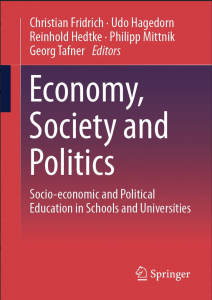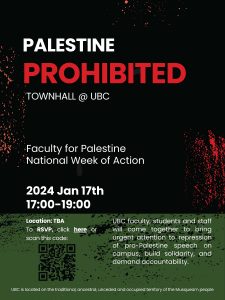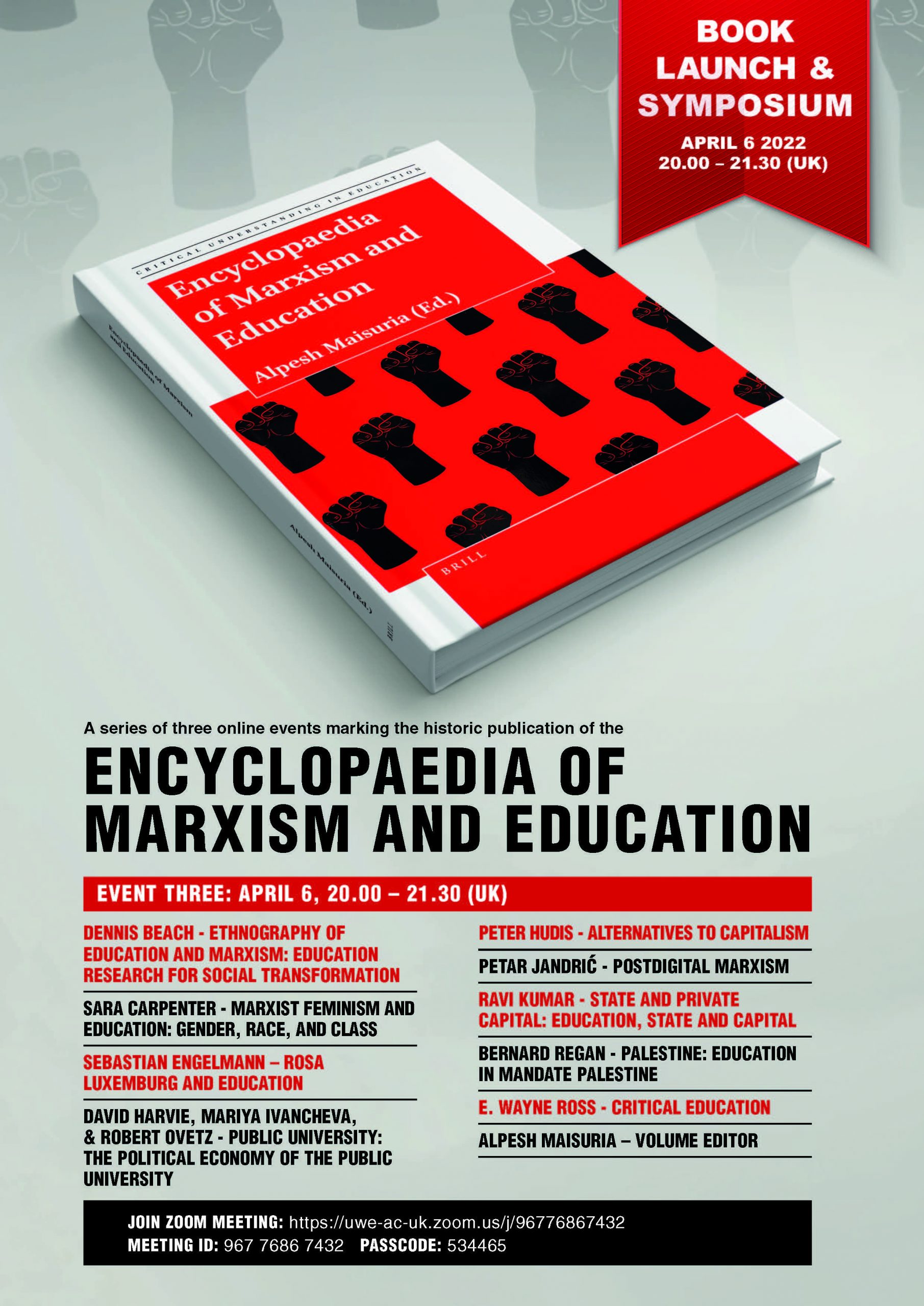Below is a powerful statement from the UBC Graduate Students for Palestine in response to the University of British Columbia Senate rejection of a motion to suspend academic ties with Israeli governmental entities, including public universities, directly involved in the ongoing genocide of Palestinians.
UBC Graduate Students for Palestine is an anti-colonial, anti-racist, and feminist collective committed to the liberation of occupied Palestine.
This article was published June 27, 2024 in The Ubyssey, the UBC student newspaper.
——————–
Editor’s note: This article was submitted by Yara Ahmed, a PhD candidate in the Institute for Gender, Race, Sexuality and Social Justice, on behalf of Graduate Students for Palestine.
On Monday, June 3, the UBC Vancouver Senate rejected a motion to suspend academic ties with Israeli governmental entities, including public universities, directly involved in the ongoing genocide of Palestinians.
While senators debated the motion over Zoom, Israeli forces bombarded homes in al-Bureij refugee camp in Gaza, slaughtering at least 11 Palestinians, including Rewan Ghanem, her husband and their baby daughter.
The motion itself was modelled on two former academic suspension motions passed by the Senate. The latest, which ended six UBC partnerships with Russian public universities, was swiftly and almost unanimously approved within two months of Putin’s invasion of Ukraine. That motion specifically condemned the targeting of civilians and “civilian facilities, including hospitals and universities.”
Yet eight months into the livestreamed extermination of Palestinians in the Gaza concentration camp, and with the full knowledge that Israeli Occupation Forces* (IOF) have murdered more than 36,000 Palestinians, most senators could not bring themselves to defend Palestinians’ lives, human rights and academic freedom. Out of step with over a decade of UBC organizing for Palestinian liberation as well as months of global student protests, our senators’ dismal failure to hold UBC’s Israeli partner entities equally accountable to international law reflects both their own moral and intellectual inconsistencies as well as the depth of institutional anti-Palestinian racism at UBC.
Indeed, the motion cited the International Court of Justice (ICJ)’s January 26 ruling that the Israeli settler-colony is plausibly violating Article III of the Genocide Convention of which Canada is a signatory. It referenced the ICJ’s May 24 order that the Israeli government immediately halt its military offensive and other attacks on Palestinians in Rafah. It included the Prosecutor of the International Criminal Court’s application to issue arrest warrants for Benjamin Netanyahu and Yoav Gallant for war crimes and crimes against humanity, notably the use of starvation as a weapon of war. It reported the United Nations Human Rights Council’s findings that the IOF is committing crimes against humanity by systematically and intentionally destroying housing, services, and civilian infrastructures, including every single university in Gaza.
In short, the motion came with rigorously researched receipts that made clear that anyone serious about UBC’s self-professed commitments to human rights and equality would support it. By instead breaking with the precedent set in previous academic suspension motions, and making an exception for Israeli institutions participating in the genocide of Palestinians, senators proved that human rights only apply to those regarded as human. Palestinians do not meet their mark.
Moreover, it is telling that some of the same UBC senators clutching their pearls at the mere thought of suspending three exchanges with Israeli institutions never raised the same concerns for academic freedom during the Senate discussion on the motion to suspend six academic partnerships with Russian entities. Notably, when severing partnerships with public institutions that were deemed complicit in Russia’s invasion of Ukraine, this motion was seen as necessary to uphold UBC’s social responsibilities to the global community; taking such an action was also seen as commensurate with their institutional expectations of neutrality. That asking the same commitment of the Senate now is presented as an affront to academic neutrality betrays the racist weaponization of neutrality against Palestinians.
The fact that UBC has multiple Israeli partnerships and no partnerships whatsoever with Palestinian universities is proof that it has never been ‘neutral’ when it comes to the settler-colonial occupation of Palestine. By actively maintaining ties with institutions that have directly participated in land-theft, the racist Israeli apartheid system and the ethnic cleansing of Indigenous Palestinians for decades, UBC administrators have chosen to side with those responsible for the ongoing genocide. It is soul-crushing to see most senators remain so staunchly committed to the pretence that renewing these ties with Israeli universities is a ‘neutral’ stance amid the genocide. Doing so requires a wilful dismissal of the well-documented evidence of their central role in settler-colonial violence against Palestinians, an erasure of Palestinians’ vital contributions to knowledge production, and a reinforcement of a system of anti-Palestinian racism at UBC.
Perhaps most galling were the statements submitted by people opposing the motion which claimed that they “supported” Palestinian rights, but not this specific motion on the spurious basis that they thought it was an “ineffective” way to advance those rights. Implicit in this dismissal of the motion’s “effectiveness” is the demand that a solution to Israeli settler-colonial violence which does not hold any Israeli institutions accountable be presented. This excuse for inaction on the part of UBC is fundamentally colonial when such partnerships give academic cover to institutions participating in the ongoing genocide of indigenous Palestinians.
The Senate vote will forever stand as a disturbing and defining moment in UBC’s history — one that shows that this institution is not, as it likes to boast, among the world’s leading centres of education. When administrators are determined to embrace genocidaires and frame those partnerships as a meaningful contribution to the academy regardless of the violence they perpetuate, how are we to take their professed ‘commitments’ to human rights and equality seriously? The real academic stewards today are the growing number of universities which have already suspended ties with Israeli entities in the name of Palestinian human rights a more liberatory, responsible and just conception of academic freedom and a consistent application of international law. From Spain to South Africa, Belgium, Norway, Finland, the Netherlands, Mexico, Basque Country and Slovenia, these universities are modelling what UBC has failed to realize: our intellectual responsibility toward a more just world with a Free Palestine.
*Author’s note: While the Israeli army has branded itself as the “Israeli Defence Forces,” we insist on the use of the term Israeli Occupation Forces here to, we believe, more accurately reflect their role as a settler-colonial army.
This is an opinion article. It reflects the author’s views and does not reflect the views of The Ubyssey as a whole. Contribute to the conversation by visitingubyssey.ca/pages/submit-an-opinion.




